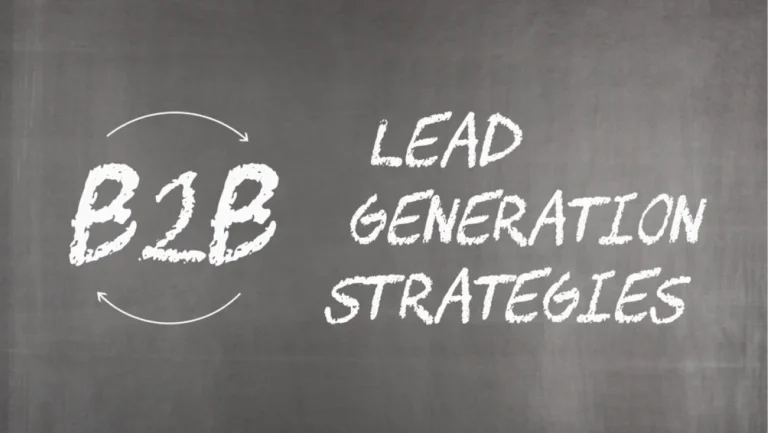Wondering “how much does a website cost” or “how much does it cost to build a website”? This cost breakdown will shed light on the factors affecting small business website costs and empower you to make informed decisions.
There’s no one-size-fits-all answer, but this guide explores the range of costs you can expect and the value a website brings to your business.
How much does it cost to build a small business website?
What is the cost of a website for a small business? The cost of your website depends on several factors, including its complexity and the features you choose. Let’s break down some of the key cost components:
Domain Name & Hosting
Your domain name is your website’s address (e.g., [invalid URL removed]). Hosting makes your website accessible online. These typically cost under $20 per month combined.
SSL Certificate
An SSL certificate encrypts data and builds trust. Costs typically range from free to $1500 per year.
Design & Development
Custom design and development create a unique website. Prices vary depending on complexity but generally fall between $2,000 and $15,000.
Number of Pages
More pages usually mean a higher cost. A simple website with 5-10 pages might cost less than $1,000, while a complex site with 50+ pages could reach $10,000 or more.
Functionality
Special features like appointment booking or e-commerce functionality can add to the cost. Expect to pay $5,000 to $10,000+ for custom functionalities.
Content Management System (CMS)
A CMS allows you to easily edit your website content. Integrating a CMS can cost $3,000 to $10,000+.
Other Small Business Website Costs to Consider
The core website build is just the beginning. Several ongoing expenses can add to your website’s overall cost. Let’s explore these additional considerations to ensure you factor in all the financial aspects of owning a website.
Add-Ons & Plugins
These add features to your website, with costs varying depending on the add-on.
Hiring A Web Designer
A professional designer can create a polished and effective website. Expect to pay $30-$80 per hour, with project costs typically ranging from $5,000 to $10,000.
SEO
Search Engine Optimization helps your website rank higher in search results. Costs vary depending on the strategy, but can range from a few hundred dollars a month to thousands.

Why A Website Is Crucial for Your Small Business Success
In today’s digital world, having a website is no longer optional for small businesses – it’s essential for survival and growth. Here’s why:
1. Be Seen 24/7 by Potential Customers
Your website acts as a digital storefront, open around the clock. This allows you to reach customers who might not find you through traditional means like local listings or phone directories. They can search for your business online at any time, anywhere, and learn about your offerings.
2. Establish Credibility and Trust
A professional and well-designed website builds trust and legitimacy for your business. It showcases your professionalism and commitment to providing quality products or services. Think of it as a clean, informative brochure that creates a positive first impression.
3. Drive Sales and Generate Leads
Your website is a powerful sales tool that works tirelessly to convert visitors into paying customers. You can showcase your products and services in detail, highlight customer testimonials and reviews, and include clear calls to action, like contact forms or “Buy Now” buttons. This makes it easy for potential customers to learn about your offerings and take the next step towards a purchase.
Pros & Cons: Hiring A Professional vs. Do-It-Yourself (DIY) Approach
There are two main paths to take when building your small business website: taking the DIY route or partnering with a professional web design and development agency. Let’s weigh the pros and cons of each approach to help you decide which is best for your needs.
Hiring A Professional
Here are the pros and cons of hiring a professional:
Pros
- Faster Turnaround and Higher Quality Results: Professional developers can build a website quicker and with a higher level of quality than you might achieve on your own. They have the experience and expertise to streamline the process and deliver a polished, user-friendly website.
- Expertise in Design, Development, and SEO: A professional agency brings a team of skilled designers, developers, and SEO specialists to the table. They can craft a website that is visually appealing, functions flawlessly, and is optimized for search engines, increasing your chances of being found by potential customers.
- Peace of Mind and Ongoing Support: Partnering with a professional gives you peace of mind knowing your website is secure, functional, and up-to-date. Many agencies also offer ongoing maintenance and support plans to ensure your website continues to perform well over time.
Cons
- Higher Upfront Cost: Hiring a professional web design and development company is typically more expensive than building a website yourself. However, the long-term benefits of a professional website can outweigh the initial investment.
Do-It-Yourself (DIY)
Here are the pros and cons of doing it yourself:
Pros
- Lower Initial Cost: Building your website yourself can be a budget-friendly option. There are many website builder platforms available that offer easy-to-use drag-and-drop interfaces and affordable pricing plans.
- Greater Control Over Content: Taking the DIY route gives you complete control over your website’s content. You can decide what information and visuals you want to present and update them whenever needed.
Cons
- Significant Time and Effort: Building a professional-looking website requires a significant investment of time and effort. You’ll need to learn the ropes of website building, design principles, and potentially coding if you want to add any custom functionality.
- May Lack Professional Polish and Functionality: Unless you have design and development experience, your DIY website may not have the same level of polish, functionality, or mobile-friendliness as a professionally built site. This could impact your brand image and user experience.
- Security Risks: If you’re not familiar with website security best practices, your DIY website could be more vulnerable to hacking and malware attacks.

The Perfect Match for Your Small Business Website Needs
LeadOrigin isn’t just another web design company. They are a results-oriented agency passionate about crafting high-converting websites that propel small and medium-sized businesses forward.
Their team of experienced designers and developers in Austin, Dallas, and Houston, TX creates beautiful, user-friendly websites tailored to your specific industry and target audience. They have also worked with clients located in Los Angeles, San Francisco, and Silicon Valley.
Frequently Asked Questions
Here are some frequently asked questions about small business websites and their costs:
Is it really worth investing in a website if I have a small business?
Absolutely! In today’s digital age, a website is essential for any small business. It allows you to reach a wider audience, establish credibility, and generate leads and sales. Even a basic website can provide significant benefits.
How much should I budget for my website?
Website costs can vary depending on complexity and features. A basic website can cost as little as a few hundred dollars, while a more complex site with custom features could reach $10,000 or more. The important thing is to determine your budget and find a solution that meets your needs without breaking the bank.
Can I build my website myself or should I hire a professional?
There are advantages to both approaches. Building your own website can be a cost-effective option, but it requires time, effort, and some technical knowledge. Hiring a professional web design and development company can ensure a high-quality, user-friendly website built with SEO best practices in mind. This can be a wise investment for businesses that want to maximize their online impact.
What are some hidden website costs I should be aware of?
Beyond the initial website build, there can be ongoing costs to consider. These might include:
- Domain name renewal: Your domain name typically needs to be renewed annually, usually at a cost of under $20 per year.
- Website hosting renewal: Your website hosting plan also requires renewal, often monthly or annually, with costs ranging from $30 to $500 per year, depending on the plan.
- Security certificates: SSL certificates may need to be renewed every one to three years, with costs varying from free to $1500 per year.
- Maintenance and updates: Keeping your website software and plugins updated is crucial for security and functionality. You may need to factor in maintenance costs or learn how to perform updates yourself.
I’m on a tight budget. Are there affordable ways to get a website for my small business?
Yes, there are options for budget-conscious businesses! Here are a few ways to save:
- Website builders: These user-friendly platforms offer drag-and-drop interfaces and affordable monthly plans, allowing you to build a basic website yourself.
- Free website templates: Several websites offer free website templates that you can customize with your own branding and content. Keep in mind that free templates may have limitations and require some technical knowledge to use.

Building a Website That Grows With Your Business
In conclusion, your small business website is a powerful tool that can help you reach new customers, build trust, and ultimately drive sales. By carefully considering the factors of website cost for small businesses, the importance of a professional online presence, and the pros and cons of hiring a professional versus building your own website, you can make an informed decision that best suits your budget and technical expertise.
If you’re looking for a high-performing website built with expertise and strategic planning, partnering with a reputable web design and development agency like LeadOrigin is an excellent option. Their team is here to help you achieve your online business goals. Contact them today for a consultation!






